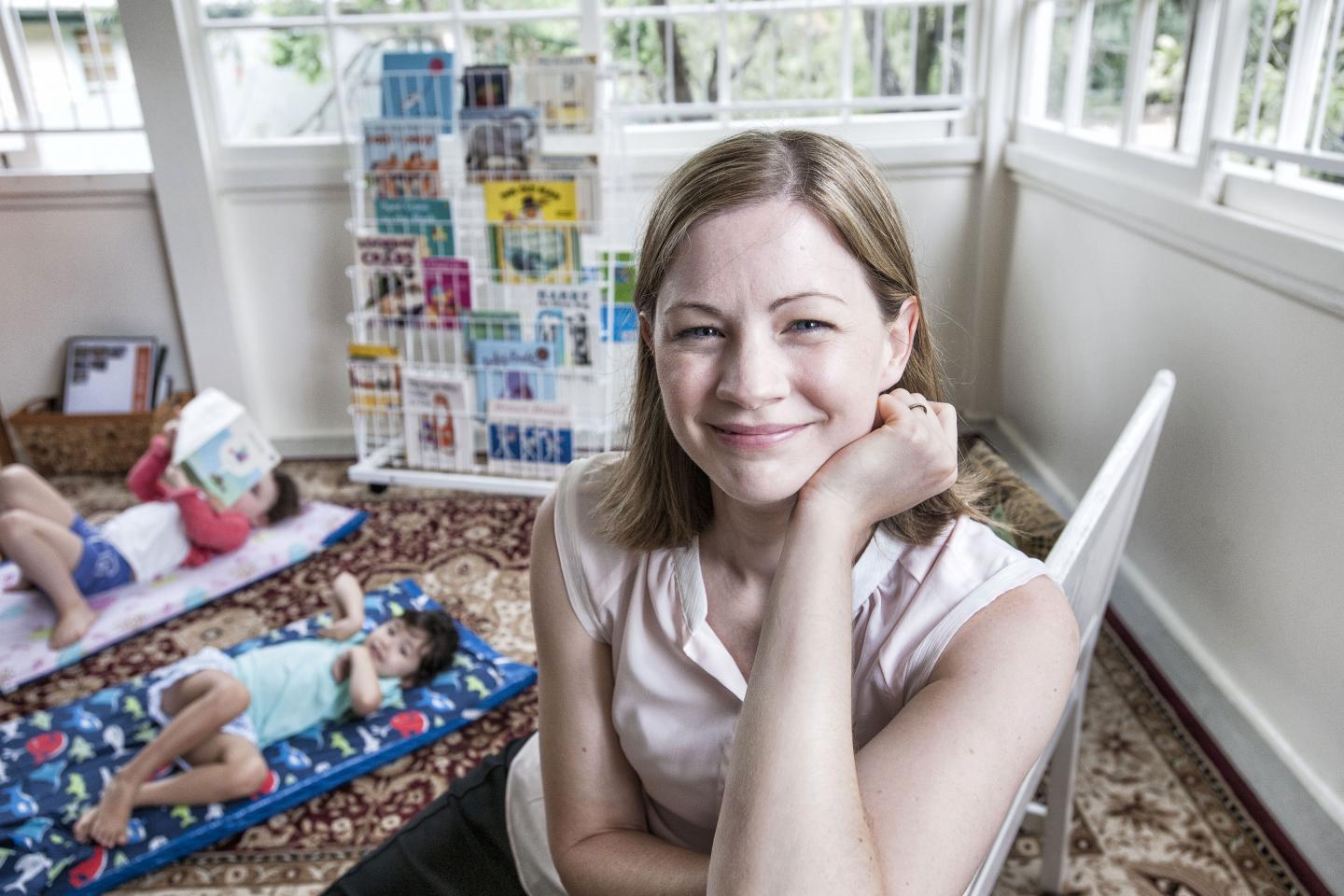A new study examined the relationship between mandatory nap times in daycare and children's night-time sleep duration concurrently and then 12 months later and found children who were exposed to more than 60 minutes mandatory sleep at childcare slept worse at night which continued when they started school.
A sample of 168 children, aged between 50-72 months of which 55 percent were male, was observed during the study. A year later the children were observed in their first year of school.
"For the first time this study shows a relationship between observed naptime practices in childcare and children's night-time sleep," says Dr. Sally Staton of Queensland University of Technology. "The results showed that children exposed to more than an hour of mandatory naptime in their childcare setting had, on average, 24 minutes less night-time sleep when in childcare. We also found that once children had entered school and mandatory napping had ceased, those children still had a 21 minute reduction in total sleep duration."

Dr. Sally Staton. Credit: Photo Erika Fish, QUT Media.
"A common practice in childcare programs internationally is the scheduling of mandatory naptime throughout the childcare years," Staton said. "This means all children are required to lie on their bed and are not permitted to engage in any other activity."
Staton said it was noted there had been little research previously on naptime programs in childcare settings and the effects of these practices on children's sleep patterns. However, it was estimated 30-40 percent of children have sleep problems in the years prior to school.
"Insufficient night-time sleep in young children significantly increases the risk of poor health and developmental outcomes, most notably behavioral problems," she said.
She said the study also found once in school, children who had been exposed to more than 60 minutes of naptime had a total sleep duration that fell below the recommended average for children aged 3-5 years as set out by the National Sleep Foundation. "Our findings raise important questions regarding the most appropriate timing and approach for transitioning away from naptimes in young children. There is not a specific age at which children no longer need naps, as this will vary from child to child."
Dr Staton said Australian legislation required all childcare services provide for each child's individual sleep and rest needs but there were currently no specific guidelines regarding how children's sleep needs should be met.
"Consequently, decisions regarding the duration and mandating of naptimes for preschool children are made at an organizational level and can be influenced by staffing constraints," she said. "Given the number of young children who attend childcare and the relationship of night time sleep with multiple health outcomes, childcare sleep practices represent an important focus for child health."
Citation: Mandatory Naptimes in Childcare and Children's Nighttime Sleep, upcoming in the Journal of Developmental and Behavioral Pediatrics.




Comments